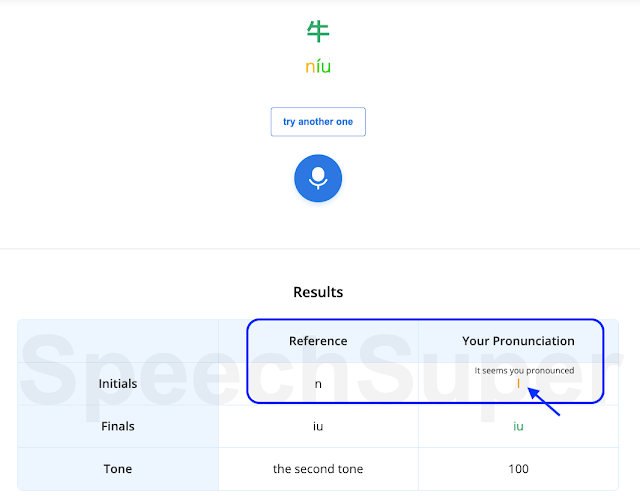Enhanced Indian English Pronunciation Assessment Available on SpeechSuper API

Introducing SpeechSuper's latest release: the Indian English pronunciation assessment API! Now, you can leverage this powerful tool to assess English word, phrase/sentence, and paragraph pronunciation specifically in the Indian English dialect. Click to experience the demo firsthand. With our API, Indian professionals proficient in English can achieve higher scores while embracing their unique accents. As long as an accent doesn't hinder understanding, it adds to the richness of communication. To make use of this cutting-edge feature, include the following line in your request parameters for English word, sentence, and paragraph pronunciation assessment API, and you're good to go: "accent_dialect": "indian" If you're eager to explore this feature and would like to experience a free trial, simply visit our website , click the "Contact us" button, and fill out the form. Once submitted, I will promptly reach out to provide you with the fr





